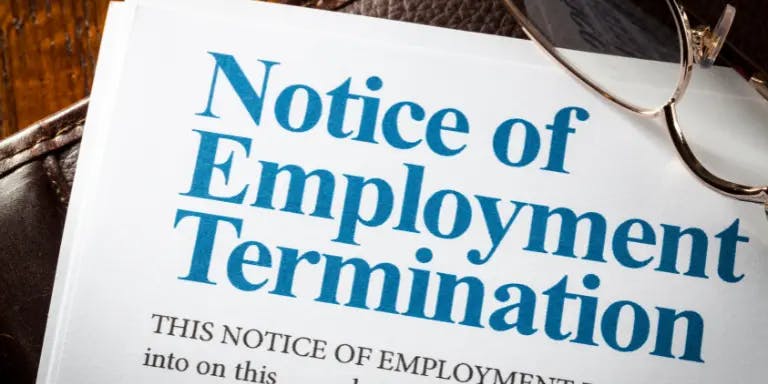First published on Wednesday, February 5, 2025
Last updated on Wednesday, February 5, 2025
Welcome to HR Heartbeat, where we give you a rundown of the week’s top employment law stories. Stay on the pulse of current trends impacting your business, plus get up-to-the-minute commentaries on all things HR and legal.
Fair terminations matter
A Vancouver-based waste management company has just learned that trying to strong-arm an employee into signing away their termination rights won't sit well in court.
An employee was terminated while juggling a major family crisis—their mother's rapidly worsening dementia. The company made the employee's role redundant, offered four weeks' severance, and issued a cheque—but only if they signed a release waiving their right to further claims.
The worker refused to sign, citing more entitlements under common law. When she refused to sign, the company retaliated by withholding payment, refusing to clarify severance calculations, and threatening legal action over a restrictive agreement.
The judge overseeing the case ruled the company acted in bad faith, exploited the worker's vulnerability, and tried to bypass employment standards. The employee was awarded five months' salary, unpaid commissions, and $25,000 in punitive damages.
This case serves as a warning to employers considering similar tactics. It's important to note that statutory pay isn't negotiable—you can't withhold termination pay to force a release, and treating an employee unfairly can lead to serious financial penalties.
The bottom line? Terminate with transparency and fairness. Managing terminations can be tricky but it doesn't have to be. There are tons of resources like webinars, articles and case studies to help business owners navigate terminating in line with the law.
Think twice before dismissing employees over criminal charges
A recent ruling by a Quebec tribunal has made it clear employers can't fire workers for criminal charges that aren't related to their jobs.
A sales team leader at Indeed Canada was arrested for real estate fraud, though the charges had nothing to do with his job. The company launched an investigation, suspended him, and ultimately terminated his employment. While Indeed claimed the decision was based on past civil fraud judgments, the tribunal ruled that his arrest was the real reason.
The court cancelled his dismissal and ordered Indeed to reinstate him within eight days, restoring all his rights and benefits.
The Quebec Charter protects employees from being dismissed due to criminal accusations that don't directly impact their job, and knee-jerk reactions can lead to legal trouble, so you should have clear, job-related reasons for termination. That's why it's best to seek expert employment relations advice when navigating sensitive HR decisions like this.
The ever-evolving employment legislation landscape
Ontario's employment laws are evolving fast, and employers need to keep up. With Bill 229, the Working for Workers Six Act, 2024, new protections have been introduced to improve workplace safety and job security.
As of 2025:
Employers must now ensure properly fitting PPE for all employees to encourage women's participation in the trades
Companies convicted of repeated offences leading to serious injury or death now face a minimum fine of $500,000
A new 16-week job-protected parental leave for adoptive and surrogate parents has also been introduced
With more changes expected, employers must review contracts, policies, and procedures to stay compliant. Falling behind on legal updates could mean serious liability
And that's a wrap! Come back next time for more HR news so you stay ahead of major employment law changes.






